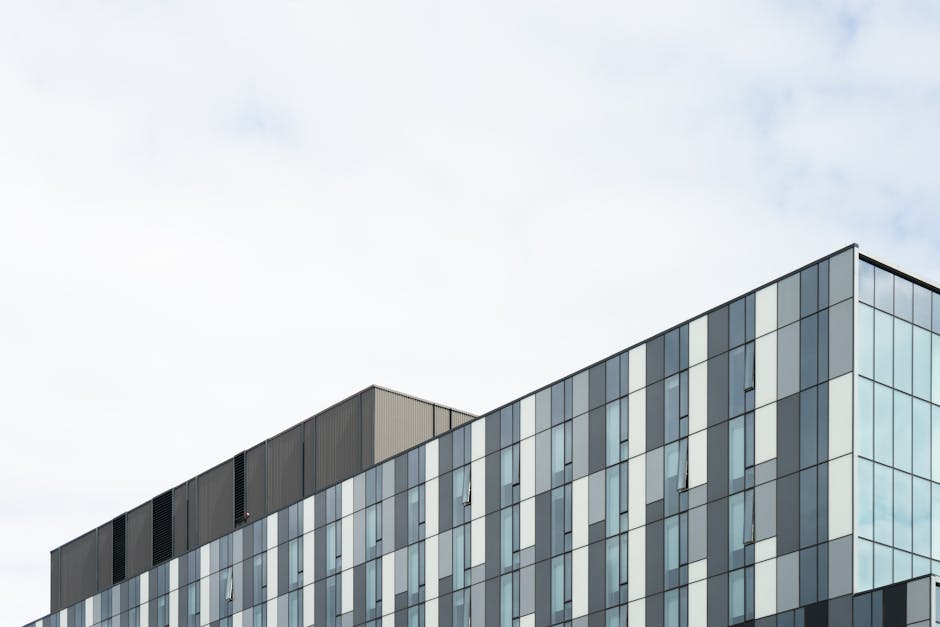Unlocking the Benefits of Office Hoteling: A Comprehensive Guide
"Office hoteling is a flexible workspace model that allows employees to reserve workspaces on an as-needed basis. This comprehensive guide explores the benefits, best practices, and tools for implementing a successful office hoteling system in your organization. "


What is Office Hoteling?
Office hoteling, also known as workspace hoteling or desk hoteling, is a flexible workspace model that allows employees to reserve workspaces, such as desks, offices, or meeting rooms, on an as-needed basis. This approach optimizes office space utilization and supports a more agile and mobile workforce.
In an office hoteling system, employees use a reservation software or app to book a workspace for a specific time period, ranging from a few hours to several days. This model is particularly beneficial for organizations with a high percentage of remote or hybrid workers, as it ensures that office space is used efficiently and cost-effectively.
Benefits of Office Hoteling
Implementing an office hoteling model offers several advantages for both employees and organizations:
-
Flexibility: Employees can choose where and when they work, allowing them to optimize their productivity and work-life balance.
-
Cost Savings: By reducing the need for dedicated workspaces, organizations can significantly reduce real estate costs and optimize their office footprint.
-
Collaboration: Office hoteling encourages employees to interact with colleagues from different departments, fostering cross-functional collaboration and knowledge sharing.
-
Improved Employee Experience: A well-designed office hoteling system can enhance the employee experience by providing a variety of workspace options and amenities that cater to different work styles and preferences.

Implementing Office Hoteling
To successfully implement an office hoteling model, consider the following best practices:
-
Choose the Right Software: Invest in a user-friendly and reliable hoteling software that allows employees to easily reserve workspaces, view availability, and manage their bookings.
-
Establish Clear Policies: Develop clear guidelines for using the hoteling system, including booking rules, cancellation policies, and workspace etiquette.
-
Provide Training and Support: Ensure that employees are trained on how to use the hoteling software and provide ongoing support to address any questions or concerns.
-
Design for Flexibility: Create a variety of workspace options, such as individual desks, collaborative areas, and quiet zones, to accommodate different work styles and tasks.
-
Monitor and Adjust: Regularly assess the performance of your office hoteling system and gather feedback from employees to identify areas for improvement and make necessary adjustments.

Conclusion
Office hoteling is a powerful tool for organizations looking to optimize their workspace, reduce costs, and support a more flexible and collaborative work environment. By following best practices and investing in the right tools and technologies, you can successfully implement an office hoteling system that enhances the employee experience and drives business success.

Want to learn more about Hybrid Work?
Explore our complete guide with more articles like this one.


